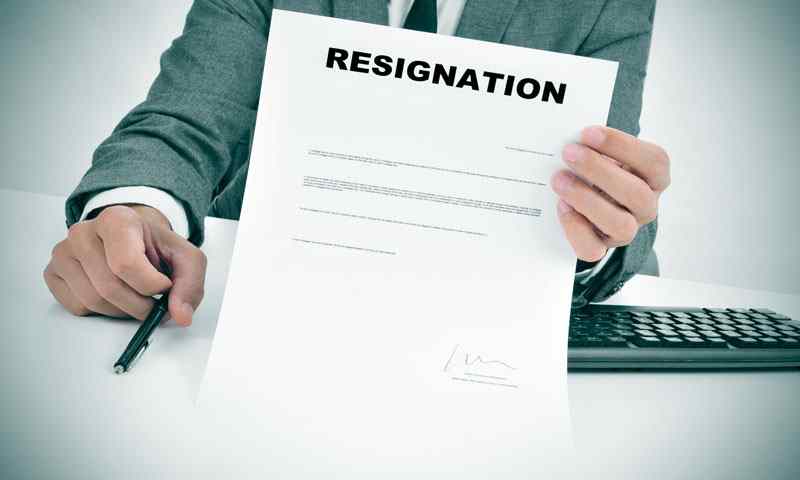Summary: In 2014, Rolling Stone published a damning article about the University of Virginia and the fraternity Phi Kappa Psi—but it wasn’t true. Now Phi Kappa Psi is suing for defamation.
The Phi Kappa Psi fraternity at the University of Virginia has filed a $25 million defamation suit against Rolling Stone Magazine, according to The Washington Post. In 2014, the magazine published an explosive article, alleging that a freshman was gang raped at one of the frat’s parties.
The problem was that the article, “A Rape on Campus,” wasn’t true.
But it devastated its subjects nonetheless. Phi Kappa Psi suffered from a tarnished reputation. Their home was vandalized—windows were broken and someone had spray painted “UVA Center for Rape Studies” on it. Nicole Eramo, an associate dean, was falsely accused of not helping after the rape and was vilified. She filed a $7.5 million federal lawsuit against Rolling Stone. George Elias, a fraternity member, filed a lawsuit in July because people assumed he was a rapist because he lived in the frat house.
See the following articles for more information:
- Rolling Stone Facing Possible Lawsuit By Phi Kappa Psi Fraternity
- Dean of University of Virginia Files Defamation Suit against Rolling Stone
In “A Rape on Campus,” writer Sabrina Rubin Erdely told the sordid story of a freshman named Jackie, who claimed she was gang raped by seven men at a Phi Kappa Psi party on September 28, 2012. The article said that the rape was a fraternity hazing ritual.
The story initially wrought public outcry. It seemed that the story’s purpose was to expose the problems of universities’ lack of response to students’ rape allegations and used UVA as an example. However, The Washington Post found discrepancies in the Rolling Stone account, and then Columbia University journalism school and the Charlottesville Police Department confirmed that no gang rape had ever taken place.
Rolling Stone retracted the article in April, but the damage was done.
Now the entire Phi Kappa Psi house of 54 members is suing. They filed their suit in Charlottesville, and they described the backlash they received because of the false article.
Washington Post writes, “The fraternity brothers say they faced vicious threats online, taunts in classrooms and suffered in recruiting new prospects to join the house. While in past years the fraternity typically hosted about 800 students during recruiting events, Phi Psi saw just 300 participants during rush as a result of the article, according to the lawsuit … Many alumni removed their affiliation with the fraternity from their résumés out of concern that Phi Psi membership could hurt their job prospects.”
The complaint seeks to rectify the “wanton destruction” caused by Rolling Stone.













































